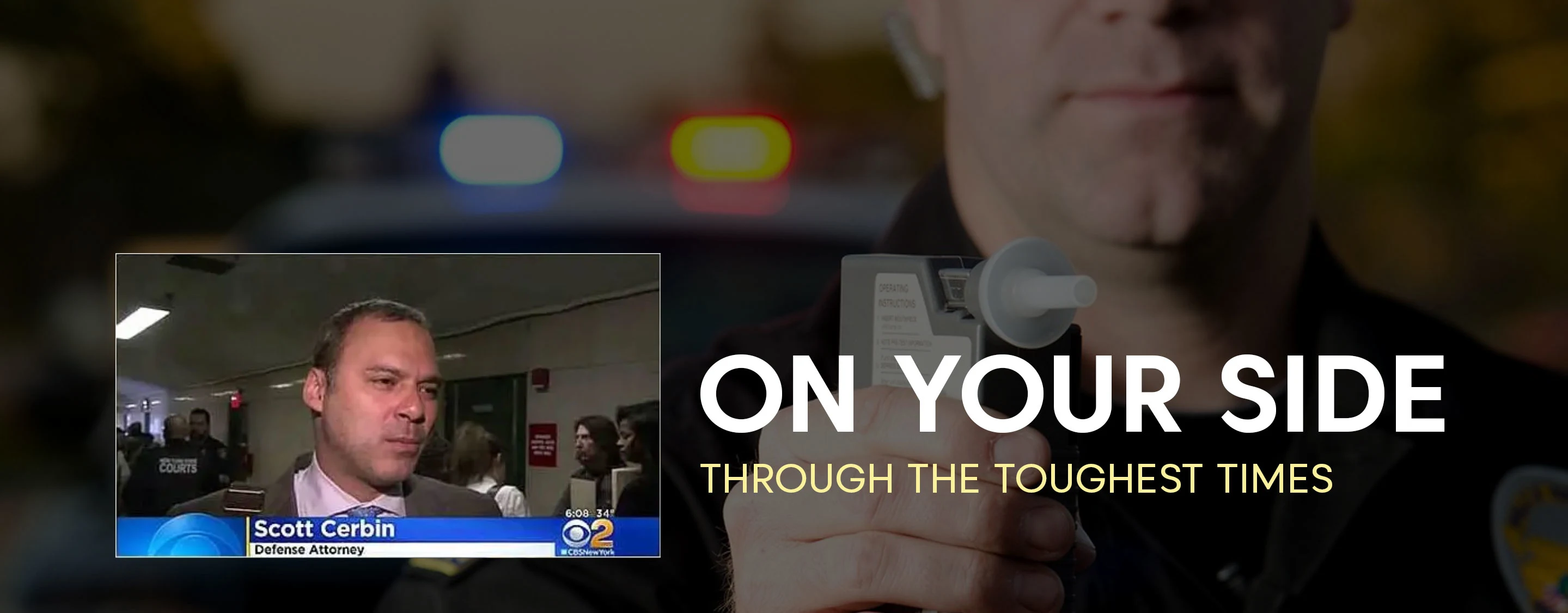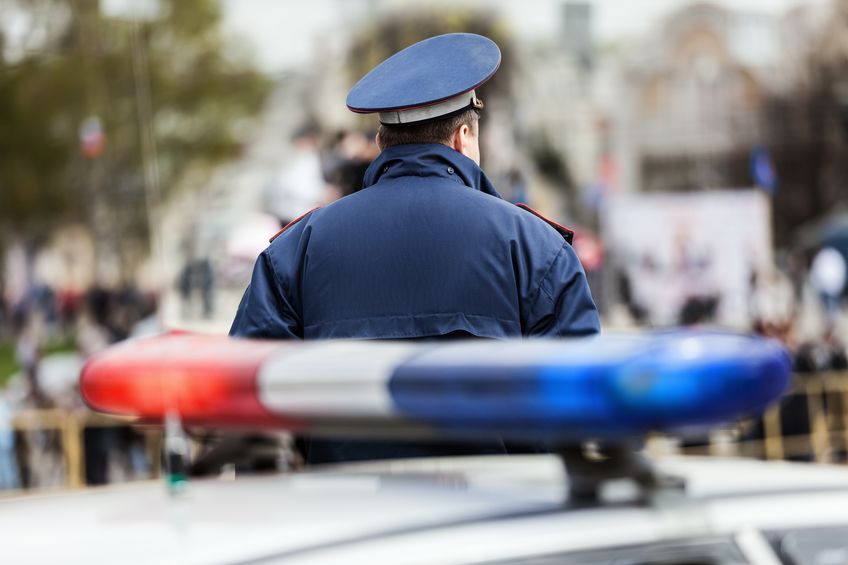Were you or a loved one arrested for protesting in New York City? Contact me today to learn more about how I can help you.
Protesting In New York: What You Need To Know
If you are one of the many thousands of New Yorkers on the streets of New York who is protesting and not sure what your rights and obligations are, there are some important elements to consider and understand to protect yourself and your freedom.
Do I Need Authorization?
First Things First, rest assured that you do have the right to protest. There is no need to apply for permission however, the law says that you are free to march on sidewalks so long as you do not block any pedestrian traffic or pathways. If you plan to march in any public park, street, highway, or byway, you may be required to have a permit.
Social Distancing
Due to the COVID-19 pandemic, many establishments are opening back up and it is easy to forget that there are social distancing rules in place. This includes any protests. Under the social distancing guidelines, you must maintain 6 feet of distance between you and other protestors and not gather in groups larger than 10. These are the rules, however, as you may have experienced or seen on the latest news and events, that may not be possible at the protests.
Spreading Your Message
You have an unequivocal right to create signs, hold your signs and pass out flyers. The exception is that the signs and flyers not promote or incite violence.
Dispersal Orders By Law Enforcement
Regardless of whether or not you follow the guidelines and criteria during the protest, the police may try to disperse an area that you are protesting in. By law, they are required to provide clear directions, instructions, and notice that allows you to comply in a timely manner. You are legally allowed to video capture police interactions so long as you are not a detriment to their work and they are not allowed to confiscate your phone or video devices without a warrant.
In The Case Of An Arrest
You may end up being arrested and in that case, ask for any identifying officer information and try to memorize it if you don’t have a chance to text it to a loved one. It is best to speak to an attorney as soon as possible. You should peacefully comply and exercise your right to remain silent. Do not provide unnecessary information, or answer any unnecessary questions without having a lawyer present. You are not required to consent to a search of your person (DNA) or your electronic devices nor provide the passcode, the law requires law enforcement to have a warrant. Ask for an attorney immediately.
Get Help With Your Arrest Today





